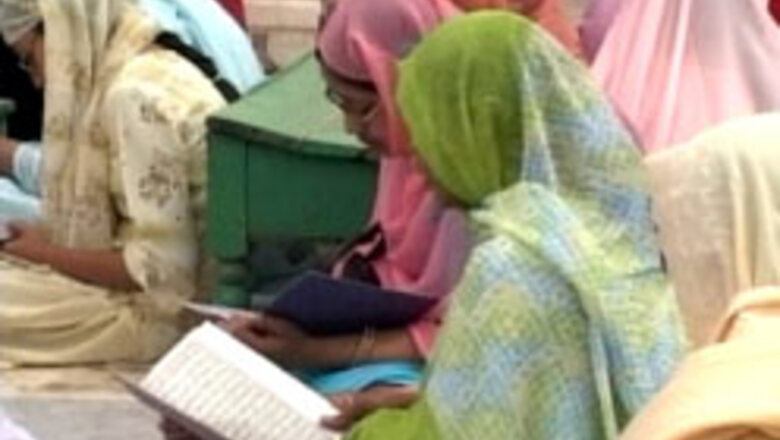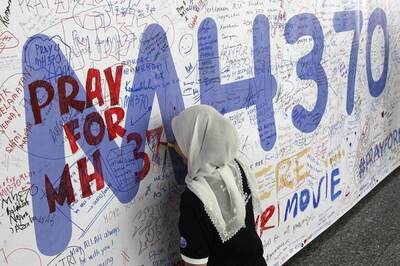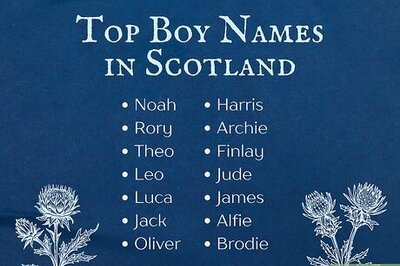
views
Thiruvananthapuram: Kerala and Karnataka stand out for extending reservation to Muslim community through the policy of affirmative action since the colonial days, according to Justice Rajinder Schar Committee on Social Economic and Educational Status of Muslims in India.
'In terms of their policy of reservation for backward classes, Kerala and Karnataka stand out having extended the benefit of reservation to their entire Muslim population,' the Committee report said.
In both the states, Muslims have been included as a distinct group within the broad category of backward classes and then provided with exclusive quota.
In the erstwhile princely state of Mysore (now Karnataka), affirmative action began as early as 1874 when a government decision reserved 80 per cent of the posts in police department for non-Brahmins, Muslims and Indian Christians, the report said.
In Kerala, the demand for reservation for under-represented communities was accepted as early in 1936 in the princely states of Travancore and Cochin and even earlier in 1921 in British ruled Malabar (north Kerala).
As part of this, quotas were fixed not only for caste groups such as Ezhavas, but also for Muslim and sections of Christians.
On reorganisation of the state of Mysore as Karnataka after independence, all non-Brahmin Hindu castes and all non-Hindu minorities were declared as backward classes, it said.
In post-independence Kerala, the 1952 reservation scheme fixed the quantum of reservation at 45 per cent, including 10 per cent for SCs and STs, the report said.
The beneficiaries included Hindu backward classes, SCs and OBC converts to Christianity.
On the state reorganisation in 1956, the quota for BCs was enchanced to 40 per cent, and, later, it was modified to introduce sub-quotas for major backward groups.
A separate Muslim share was fixed at 10 per cent which was later increased to 12 per cent.
In Karnataka, the Havanur Commission of 1972 recommended creation of a distinct category of minority group with reservation not exceeding 6 per cent.
The state classified BCs into three categories of 'Most Backward,' 'More Backward' and 'Backward.'
All Muslims whose income is less than Rs 2 lakh a year were placed in 'More Backward' sub-category with four per cent of the seats set aside for them.
The state claimed that this measure had led to a substantive rise in Muslim share in the state government services as well as the number of seats the community received in professional courses like medicine, dental and engineers had also gone up.
Between 1996 and 2002, 346 Muslim students were able to secure seats in medicine, 258 in dental and 3486 in engineering courses.


















Comments
0 comment